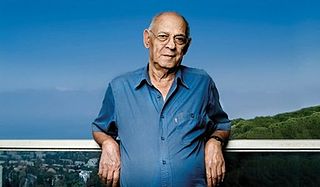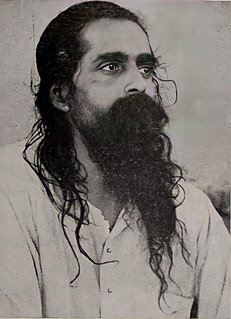A Quote by Paula White
In the Hebrew language, there's no such word as coincidence.
Quote Topics
Related Quotes
What happens when you speak colloquial Hebrew is you switch between registers all the time. So in a typical sentence, three words are biblical, one word is Russian, and one word is Yiddish. This kind of connection between very high language and very low language is very natural, people use it all the time.
I work in Hebrew. Hebrew is deeply inspired by other languages. Not now, for the last three thousand years, Hebrew has been penetrated and fertilized by ancient Semitic languages - by Aramaic, by Greek, by Latin, by Arabic, by Yiddish, by Latino, by German, by Russian, by English, I could go on and on. It's very much like English. The English language took in many many fertilizations, many many genes, from other languages, from foreign languages - Latin, French, Nordic languages, German, Scandinavian languages. Every language has influences and is an influence.
I was fascinated by the lack of a word for a parent who has lost a child. We have no word in English. I thought for sure there'd be a word in Irish but there is none. And then I looked in several other languages and could not find one, until I found the word Sh'khol in Hebrew. I'm still not sure why so many languages don't have a word for this sort of bereavement, this shadowing.
The revival of Hebrew, as a spoken language, is a fascinating story, which I'm afraid I cannot squeeze into a few sentences. But, let me give you a clue. Think about Elizabethan English, where the entire English language behaved pretty much like molten lava, like a volcano in mid-eruption. Modern Hebrew has some things in common with Elizabethan English. It is being reshaped and it's expanding very rapidly in various directions. This is not to say that every one of us Israeli writers is a William Shakespeare, but there is a certain similarity to Elizabethan English.
in order to confer their lost Nationality upon exiled Jews , the British with the help of the League of Nations began to rehabilitate the old Hebrew country, Palestine, with its long lost children. The Jews had maintained their race, religion, culture and language; and all they wanted was their natural territory to complete their Nationality. The reconstruction of the Hebrew Nation on Palestine is just an affirmation of the fact that Country, Race, Religion, Culture and Language must exist unequivocally together to form the Nation idea.
































